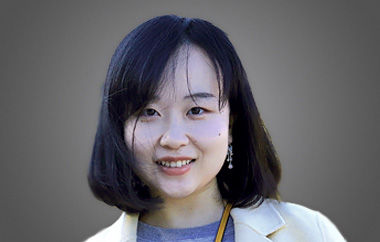PhD in Environmental Studies and Public Affairs
Current position: Postdoctoral Researcher jointed between Peking University, China and International Institute for Applied Systems Analysis (IIASA), Austria
Research focus: agricultural nitrogen cycle, air quality, climate change mitigation, and sustainable food systems
The food sector poses a multi-dimensional challenge to sustainable development. Nitrogen fertiliser use and animal manure management result in reactive nitrogen emissions to soil, water, and air, affecting drinking water quality, eutrophication, global warming, and air pollution from particulate matter. With continuous population growth and increasing demand for livestock products, particularly in emerging economies, how future food production can sustainably meet demand without further damaging the environment remains a major challenge. A sustainable food future requires research on technological potential, assessments of costs and environmental, health and social impacts, and economic analyses to incentivise policy innovation and multi-stakeholder actions.
An atmospheric scientist by training, Yixin received her PhD from Princeton School of International and Public Affairs at Princeton University with additional training in economics, politics and policy-oriented science. A five-year graduate fellowship allowed independent research design and proactive interdisciplinary collaborations with atmospheric chemists, agronomists, public health experts, and environmental economists. Her PhD work focused on mitigating environmental and health damages in Chinese agriculture. Yixin investigated the potential of changing agricultural management to improve air quality, nitrogen use efficiency and crop yields on the one hand, and the trade-offs and co-benefits of changing diets for health, air quality, climate and water use on the other. Part of this project has supported the World Bank’s demonstration projects in China for high efficiency agriculture.
In her postdoc research, Yixin is addressing the challenge of a sustainable food system from a global perspective and a future perspective while combining atmospheric models with extensive datasets or economic models. Her first project examines ammonia emissions, air pollution, and nitrogen deposition embedded in global food loss and waste (FLW) and prospective environmental benefits of halving FLW by 2030. Her second project examines the evolving role of reactive nitrogen emissions (nitrogen oxides and ammonia) to particulate matter air pollution between now and 2050, which inform emission control strategies in countries around the world to meet the WHO’s benchmark for clean air. Her third project explores impacts of international food trade on redistribution of environmental pollution caused by agriculture.
Yixin’s work is related to multiple UN Sustainable Development Goals (SDGs) including SDG 15 (Life on Land), SDG 3 (Good Health and Well-being), SDG 2 (Zero Hunger), and 12 (Responsible Consumption and Production).
Yixin’s research bridges the gap between agriculture and air quality research – an innovative approach that caught the jury’s attention. For her interdisciplinary studies and remarkable scientific potential, Yixin was awarded a Green Talent.
The research of Yixin mainly contributes to the Sustainable Development Goals 2, 3, 12, 15:
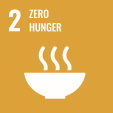
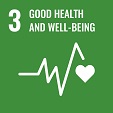
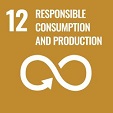
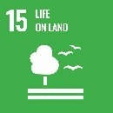
Take a look at this video that briefly introduces Yixin and her research:





